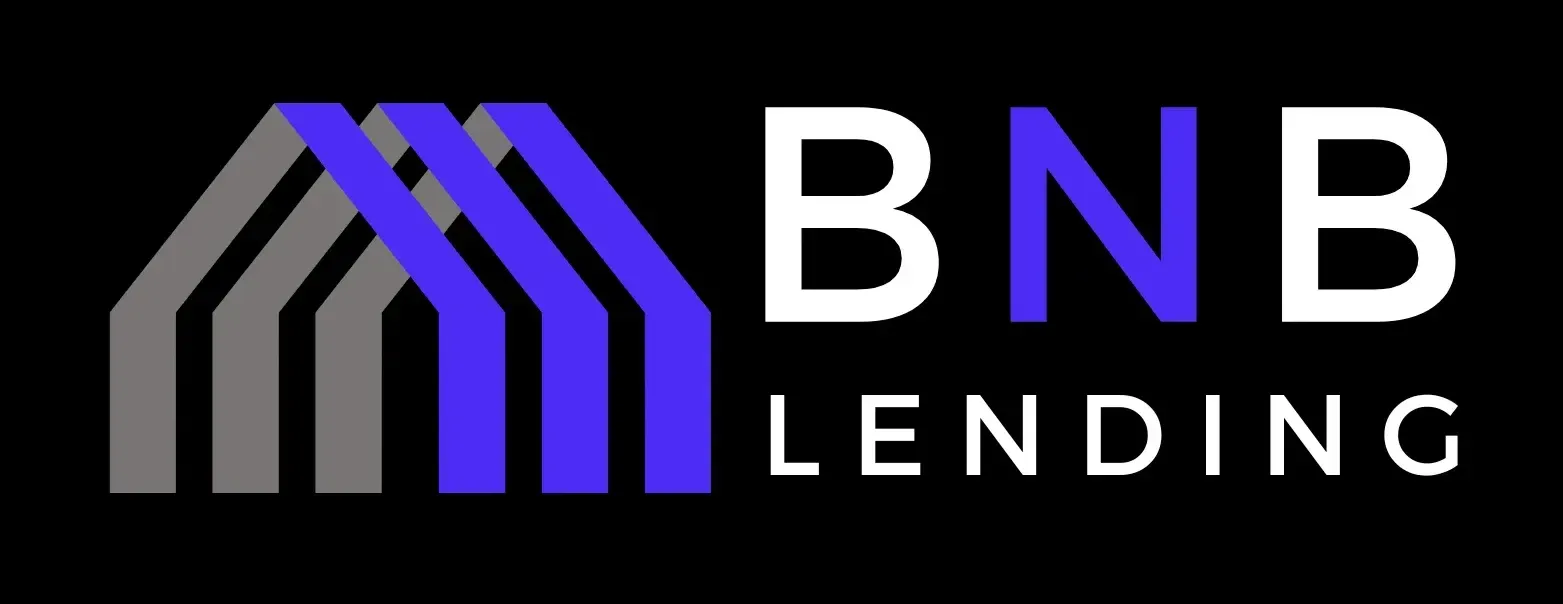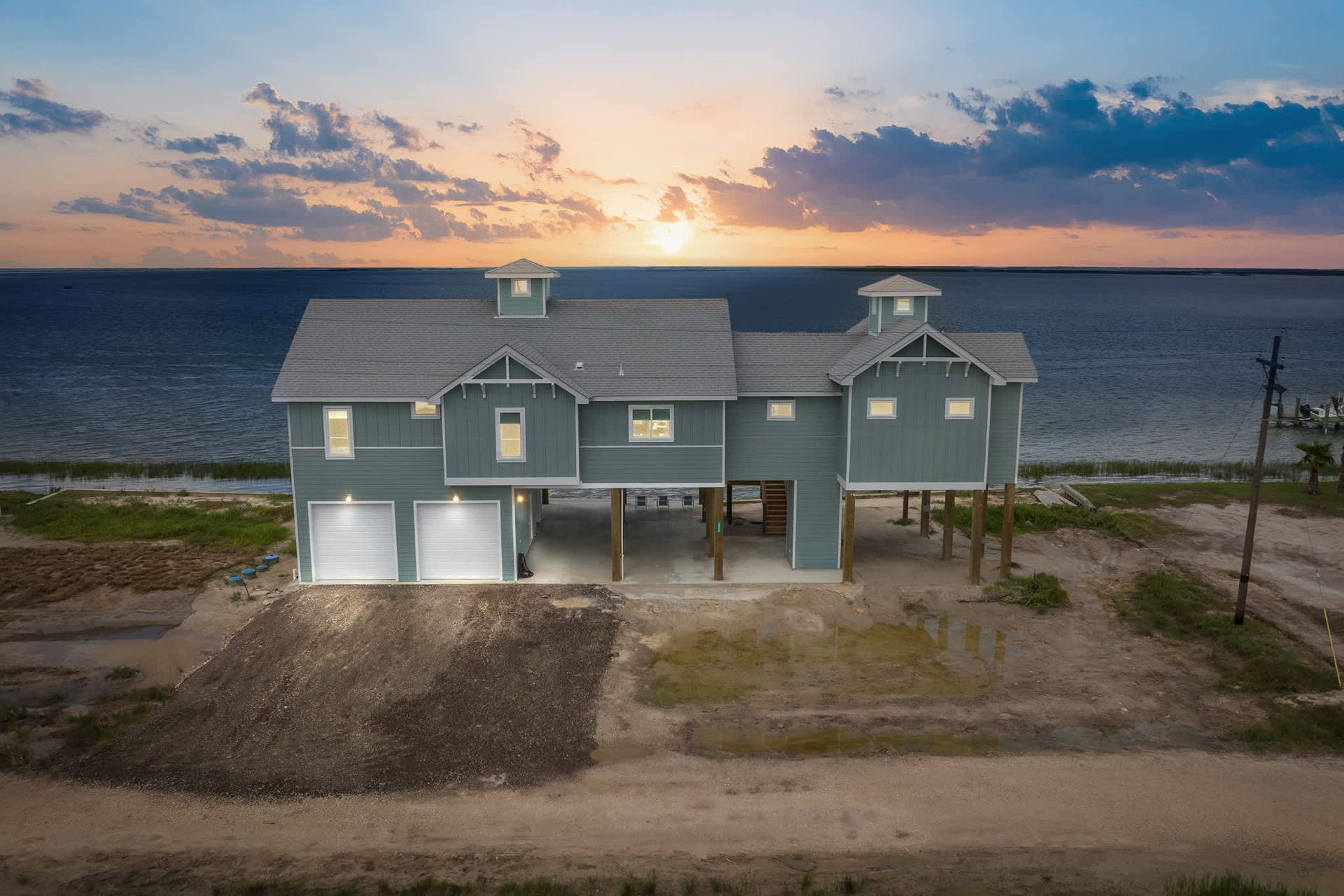What is a DSCR Loan? And How Do DSCR Loans Work?
What is a DSCR Loan? And How Do DSCR Loans Work?
What is a DSCR Loan?
A DSCR loan, or Debt Service Coverage Ratio loan, is a type of mortgage specifically designed for real estate investors. Instead of relying on your personal income to qualify, DSCR loans focus on the property's ability to generate rental income. This makes them an attractive financing option for those building portfolios of long-term rentals or short-term rentals like Airbnbs.
How Does a DSCR Loan Work?
A DSCR loan works by evaluating the cash flow of an investment property rather than the personal financial profile of the borrower. Instead of asking for W-2s, tax returns, or pay stubs, the lender performs a property income analysis to determine whether the rental income generated by the property can fully cover the debt payments on the mortgage.
The key metric used is the Debt Service Coverage Ratio (DSCR). This ratio tells lenders how well a property's income covers its loan obligations:
DSCR = Net Operating Income / Debt Payments
- A DSCR ratio of 1.0 means the property cash flow is just enough to pay the mortgage.
- A DSCR greater than 1.0 means the investment property earns more than it owes—this is preferred by most lenders.
- A DSCR below 1.0 means the property income is insufficient to cover the loan, and approval is less likely.
DSCR loans are often used by real estate investors to finance rental properties, including short-term rentals and long-term holds. Because the loan is underwritten based on property performance and not personal earnings, it’s especially attractive to self-employed borrowers or those with complex tax filings.
Unlike traditional mortgages, DSCR loans can be non-recourse loans, meaning the lender’s claim is limited to the property itself and not the borrower’s personal assets—depending on how the deal is structured.
These commercial-style loans allow investors to build portfolios without hitting income ceilings. Whether you’re buying your first Airbnb or scaling to your tenth rental property, DSCR loans give you access to capital based on what your property earns, not what you earn.
Key Features of a DSCR Loan
Before applying, it’s important to understand what makes DSCR loans different from conventional mortgages:
1. No personal income required
Lenders base approval on the property’s income—not W-2s, tax returns, or pay stubs.
2. Ideal for rental properties
DSCR loans are used for long-term rentals and short-term vacation rentals.
3. Higher flexibility, faster closings
With fewer documentation requirements, these loans close quickly—ideal for investors looking to scale.
4. Higher interest rates
Because lenders assume more risk, DSCR loans often come with slightly higher interest rates than conventional loans.
Who Should Use a DSCR Loan?
DSCR loans are tailored for real estate investors whose priority is property-based cash flow rather than traditional income documentation. Because these loans are evaluated using the DSCR ratio—which measures rental income against debt service—they’re especially useful for borrowers with high-performing properties but complex personal financial situations.
Here are the types of investors best suited for a DSCR loan:
1. Self-employed borrowers or business owners
If you operate a business or work for yourself, proving stable income through W-2s and tax returns can be difficult. A DSCR loan lets you qualify based on the property income generated by your investment property, not your personal earnings.
2. Portfolio investors with multiple properties
Those with several rental properties often find that conventional mortgage limits or debt-to-income thresholds slow down their ability to grow. DSCR loans sidestep these requirements by focusing on each property’s cash flow and rental performance. This allows for faster portfolio expansion and strategic capital deployment.
3. Airbnb hosts and short-term rental operators
If you run short-term rentals through platforms like Airbnb or Vrbo, a DSCR loan can be structured around projected or actual rental income. Some lenders will even accept income from term rentals as part of their analysis, giving you more flexibility when scaling.
4. Out-of-state and passive real estate investors
If you invest in markets where you don’t live—or if you’re seeking passive income—DSCR loans remove the need for intensive documentation or in-person underwriting. Since these commercial-style loans focus on property performance, they’re ideal for those seeking a low-friction path to rental property ownership.
5. Investors refinancing from hard money or bridge loans
DSCR loans often replace short-term or high-cost financing. Their longer terms and emphasis on debt service coverage make them a solid choice for refinancing after property stabilization, especially when transitioning from a non-recourse loan or high-interest mortgage.
Pros and Cons of DSCR Loans
Debt Service Coverage Ratio (DSCR) loans are increasingly popular among real estate investors looking to scale efficiently using property-based financing.
Unlike traditional mortgages, these loans assess a property's ability to generate rental income and meet its debt obligations, rather than relying on the borrower's personal income. This unique approach offers distinct advantages, especially for those investing in short-term rentals or growing rental portfolios.
With all this said, there are also trade-offs to consider. Understanding how a DSCR loan compares to a conventional loan can help you decide which financing structure aligns with your investment strategy and long-term goals.
Pros of DSCR Loans
1. No personal income verification required
One of the most appealing aspects of a DSCR loan is that borrowers are qualified based on property income and cash flow, not personal tax returns, W-2s, or pay stubs. This makes them ideal for self-employed business owners, freelancers, and investors with complex financial profiles.
2. Fast, streamlined approval process
Because lenders focus on the DSCR ratio and rental income analysis, the approval timeline is often much quicker than with a conventional mortgage. Many DSCR loans close in weeks rather than months.
3. Designed for investment properties
Whether you're purchasing a commercial real estate asset or a residential investment property, DSCR loans are structured to help you scale. They're especially useful when your business model is built around acquiring multiple properties over time.
4. Perfect for Airbnb and short-term rentals
DSCR loans are frequently used as
Airbnb loans because some lenders allow projected term rental income as part of the qualification process. This flexibility is particularly helpful for new acquisitions that don’t yet have established leases.
5. Access to capital with fewer documentation requirements
Many DSCR structures function as non-recourse loans, meaning lenders may not require personal guarantees, depending on the deal. This limits personal risk while expanding your access to capital.
Cons of DSCR Loans
1. Higher interest rates
Since DSCR loans are based on property performance rather than personal credit, lenders typically charge higher rates to offset the increased loan risk.
2. Larger down payments required
Most
DSCR loan requirements include a 20% to 25% down payment. This is higher than the minimums required for some conventional mortgage programs, making upfront capital more critical.
3. Not suitable for primary residences
These loans are intended strictly for investment properties. If you're purchasing a home to live in, a conventional mortgage will almost always be the better—and only—option.
Weighing Your Financing Strategy
When considering how a DSCR loan compares to a conventional loan, the differences center on qualification, speed, and property-based risk assessment. Conventional loans generally offer lower interest rates and better terms—but only if you meet strict income and credit criteria. DSCR loans, on the other hand, provide a flexible path to funding based on property cash flow, rental income, and debt service performance.
This alternative lending model is especially advantageous for real estate investors focused on building income-producing properties quickly and efficiently. While there are trade-offs, the benefits often outweigh the limitations—especially for borrowers with solid assets and a long-term investment mindset.
By aligning your financing approach with your property acquisition strategy, you can leverage DSCR loans to grow your portfolio, increase cash flow, and reduce financial friction in future transactions.
How to Qualify for a DSCR Loan
Qualifying for a DSCR loan is different from qualifying for a conventional mortgage. Instead of evaluating your personal income or tax returns, lenders assess the rental income, property cash flow, and overall debt service coverage ratio of the investment property itself.
To get approved for a DSCR loan, most lenders will require the following:
- A property generating consistent rental income
Whether you're operating long-term rentals or short-term vacation properties, your property income must be sufficient to cover the monthly debt service. - A DSCR of 1.0 or higher
The DSCR ratio is calculated by dividing net operating income by the total monthly loan payment (including principal, interest, taxes, and insurance). Most lenders prefer a DSCR of 1.1–1.25 for stronger cash flow assurance. - A minimum credit score of 620 or higher
Although the focus is on the property’s performance, a decent credit profile helps reduce loan risk and may improve mortgage terms. - A down payment of 20% to 25%
DSCR loans are often considered commercial in nature, so loan-to-value (LTV) ratios tend to be stricter than residential mortgages. - A recent appraisal with rental comps
The loan DSCR calculation often includes an analysis of projected rental income, especially for short-term rentals like Airbnb. Some lenders may accept pro forma data, while others require current leases, operating history, or a market rent appraisal to verify property income.
In some cases, borrowers can qualify based on future rental income alone, which makes these DSCR loans ideal for newly acquired investment properties expected to generate strong cash flow.
Additionally, for certain portfolio structures, a non-recourse loan option may be available—limiting lender claims to the property and protecting personal assets, depending on deal terms.
Is a DSCR Loan Right for You?
If you’re an investor looking to grow a real estate business around rental properties, a DSCR loan may be the ideal tool to unlock your next acquisition. These loans were built with real estate entrepreneurs in mind—people who prioritize property income and deal velocity over traditional W-2 financial documentation.
This type of mortgage structure benefits:
- Self-employed individuals with complex income profiles
- Airbnb operators scaling across multiple markets
- Portfolio managers who’ve maxed out on conventional loan exposure
- Investors refinancing out of hard money or bridge loans
By shifting focus from the borrower’s income to the property’s debt coverage ratio, DSCR loans allow investors to qualify based on the financial performance of the asset—not their personal bank statements.
Final Thoughts
DSCR loans offer a streamlined path to financing for those who understand how to extract value from cash-flowing properties. Whether you’re acquiring a commercial short-term rental, stabilizing a long-term hold, or repositioning capital for your next move, these loans provide access to funding with fewer requirements.
Rather than get bogged down in traditional loan underwriting, you can qualify for capital based on rental income, projected property cash, and the strength of your real estate investment strategy.
If you're asking “What is a DSCR loan?” and whether it's right for your goals—the answer lies in how well your property performs. For investors focused on scaling, building equity, and maximizing cash flow, the DSCR loan is a strategic tool for long-term growth.






